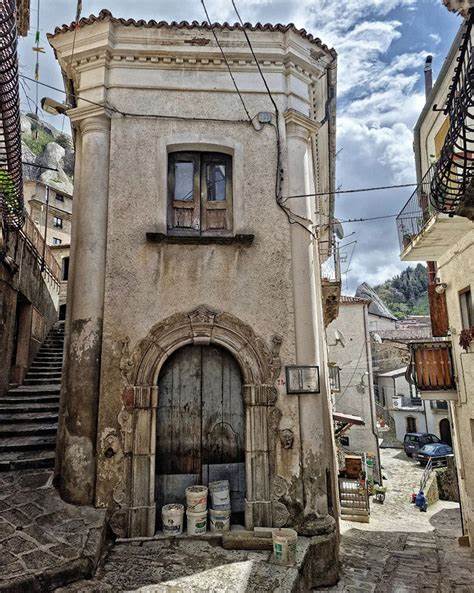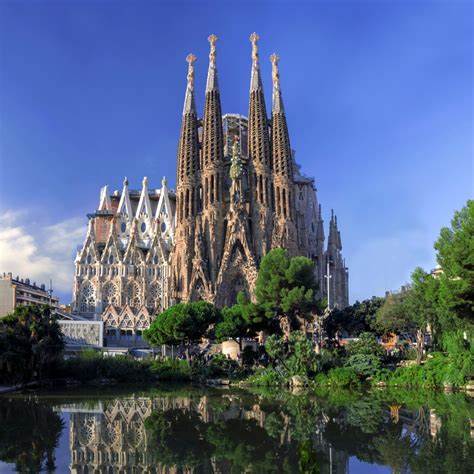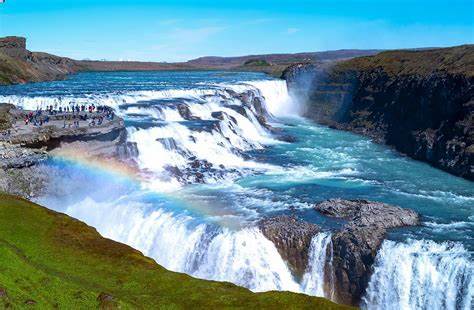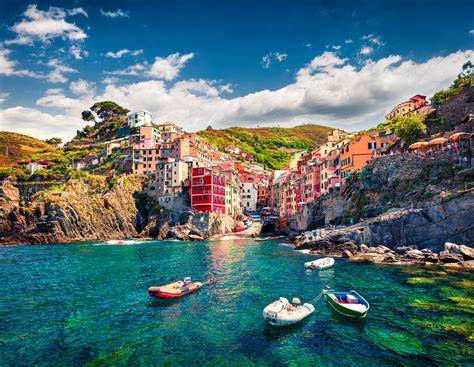Italy, with its rich history, breathtaking landscapes, and world-renowned cuisine, has long been a favorite destination for travelers seeking a mix of culture, art, and natural beauty. In recent years, Italy has also embraced the growing trend of sustainable tourism, focusing on eco-friendly travel, responsible tourism practices, and preserving the country’s unparalleled cultural heritage. Whether exploring the ancient ruins of Rome, the rolling hills of Tuscany, or the serene waters of the Amalfi Coast, Italy offers an unforgettable experience for modern travelers who wish to connect with the past while also supporting the country’s future.
Sustainable Travel in Italy: Protecting the Environment and Cultural Heritage
Italy is home to numerous UNESCO World Heritage sites, from the historic centers of Florence and Venice to the ancient ruins of Pompeii and the art-filled Vatican City. As tourism continues to play a major role in Italy’s economy, the country is working hard to ensure that this industry doesn’t come at the expense of its cultural and natural assets. Sustainable tourism initiatives are becoming more widespread, with an emphasis on protecting the environment and preserving Italy’s historical landmarks.
In Venice, a city known for its delicate canals and centuries-old architecture, the government has implemented measures to protect the fragile environment from the impact of mass tourism. From limiting cruise ship access to promoting responsible tourism practices, these efforts are aimed at ensuring Venice remains a viable and sustainable destination for future generations. Similarly, in Florence, which is home to some of the most iconic art and architecture in the world, initiatives like limiting vehicle access to the city center and encouraging public transport use are helping to preserve both the city’s historical treasures and its environment.
In rural areas like Tuscany, sustainable agriculture is a growing trend. The region’s vineyards, olive groves, and farms are embracing organic and biodynamic farming methods to reduce their environmental footprint while still producing high-quality wines, oils, and cheeses. Many agriturismo (farm stays) accommodations offer visitors a chance to experience the agricultural life while supporting local farmers and producers who prioritize sustainability.
Italy’s Culinary Scene: Savoring Local, Sustainable Flavors
Italy’s cuisine is known for its use of fresh, seasonal ingredients, and the movement toward sustainable dining is gaining momentum throughout the country. From farm-to-table dining to the rise of organic markets, Italy is blending its deep culinary traditions with modern sustainability practices. The focus is on supporting local farmers, reducing food waste, and choosing seasonal ingredients that minimize the carbon footprint.
In cities like Rome, Milan, and Naples, many restaurants are adopting farm-to-table practices, where the menu changes seasonally to highlight the freshest ingredients from local farms. In rural regions like Umbria and Marche, travelers can enjoy meals made with ingredients that are grown just miles away from their table, supporting local agriculture while enjoying authentic, regional flavors. Additionally, many Italian chefs are embracing zero-waste cooking, finding creative ways to use every part of the ingredient, from root to stem, to reduce food waste and minimize environmental impact.
Italy’s wine regions, such as Tuscany, Piedmont, and Sicily, are also embracing sustainable wine production. Organic and biodynamic wineries are on the rise, and visitors to these regions can learn about eco-friendly viticulture, taste wines produced with minimal environmental impact, and even stay in eco-conscious wine resorts that blend luxury with sustainability.
Exploring Italy’s Rich Cultural Heritage
Italy’s cultural heritage is one of its greatest attractions, offering travelers a chance to step back in time and experience the country’s incredible history and art. From the ancient ruins of Rome to the Renaissance art of Florence, Italy is a treasure trove of cultural gems that continue to captivate visitors. However, as tourism to these iconic sites increases, there is a growing effort to protect and preserve Italy’s cultural treasures for future generations.
In Rome, a city that once served as the heart of the Roman Empire, travelers can explore the Colosseum, the Roman Forum, and the Pantheon, all while learning about efforts to preserve these ancient ruins. The Vatican Museums, home to Michelangelo’s Sistine Chapel and Raphael’s Rooms, have implemented new sustainability programs to reduce their environmental impact while continuing to offer an unparalleled cultural experience.
Florence, the birthplace of the Renaissance, continues to draw art enthusiasts from around the world. Here, visitors can explore the Uffizi Gallery and see masterpieces by Botticelli, Leonardo da Vinci, and Caravaggio, while also engaging with initiatives aimed at preserving these invaluable works of art. Throughout Italy, the government, local communities, and cultural organizations are working together to ensure that Italy’s cultural heritage remains intact and accessible to future generations.
Outdoor Adventures in Italy: From the Alps to the Mediterranean Coast
Italy’s diverse landscapes provide endless opportunities for outdoor adventures. From the snow-capped peaks of the Alps to the sun-kissed beaches of the Mediterranean, the country offers something for every type of adventurer. In recent years, sustainable tourism has been integrated into outdoor travel experiences, promoting eco-friendly activities and encouraging travelers to connect with nature in meaningful ways.
In the Dolomites, travelers can hike, cycle, or ski in one of Europe’s most breathtaking mountain ranges. The region has been recognized for its efforts in promoting sustainable tourism, with eco-friendly hotels, green transportation options, and protected natural areas that help preserve the landscape while allowing visitors to enjoy its beauty. Hiking tours in the Dolomites, for example, often emphasize Leave No Trace principles, ensuring that the environment remains pristine for future generations.
Along Italy’s stunning coastline, visitors can enjoy sustainable beach vacations in destinations like the Cinque Terre and the Amalfi Coast. These UNESCO World Heritage sites offer opportunities for hiking, swimming, and exploring charming coastal villages, while also prioritizing the protection of the delicate ecosystems along the coast. On the island of Sardinia, travelers can participate in sustainable marine activities such as snorkeling, diving, and kayaking, all while learning about the importance of preserving the crystal-clear waters and marine life.
Wellness Tourism: Rejuvenating in Italy’s Tranquil Settings
Italy has long been a destination for relaxation and rejuvenation, with many visitors flocking to its thermal baths, luxury spas, and tranquil countryside for a dose of wellness. Wellness tourism is a growing trend in Italy, with a focus on providing travelers with the chance to recharge both physically and mentally. The country’s picturesque landscapes, combined with its focus on holistic well-being, make it an ideal destination for those seeking relaxation, mindfulness, and personal growth.
The region of Tuscany is home to numerous wellness retreats that combine the benefits of thermal baths with the serenity of the countryside. Many of these retreats offer yoga and meditation sessions, as well as treatments using natural, locally sourced ingredients like olive oil, herbs, and honey. Similarly, the thermal springs of the Roman Baths in Viterbo provide travelers with the opportunity to relax in historic surroundings while enjoying the therapeutic benefits of the healing waters.
In the coastal regions of Italy, wellness retreats focus on combining the healing power of the sea with mindful practices. In places like Sardinia and Amalfi, travelers can participate in beachside yoga, enjoy spa treatments inspired by Mediterranean ingredients, or simply unwind with nature in the background.
Conclusion: Italy – A Sustainable Destination for Every Traveler
Italy’s commitment to sustainability, combined with its rich cultural heritage, stunning landscapes, and world-class cuisine, makes it an ideal destination for modern travelers. Whether exploring its ancient ruins, enjoying sustainable dining experiences, or immersing oneself in its vibrant traditions, Italy offers an unforgettable experience that is both eco-friendly and culturally enriching. With a growing emphasis on preserving its environment and cultural assets, Italy is poised to continue being a beloved destination for years to come, providing travelers with an opportunity to experience the best of both the past and the future.






